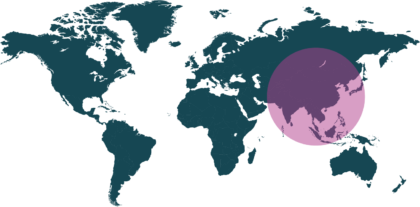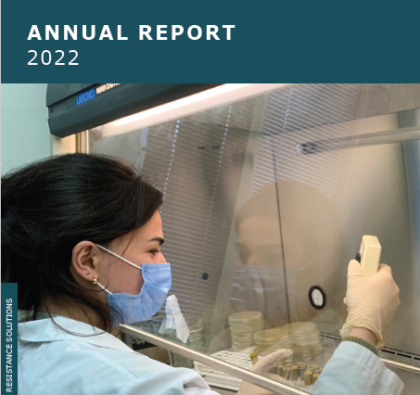Vaccines & Antimicrobial Resistance (AMR): Considerations for AMR Policy and Practice in Low- and Middle-Income Countires
Antimicrobial Resistance (AMR) is a global challenge that transcends borders. Its effects ripple through societies, economies, and ecologies on a worldwide scale.
In 2017, a World Bank report forecasted that AMR’s economic consequences would surpass those of the 2008/9 financial crisis, enduring longer and exacerbating inequalities within countries, particularly affecting Low- and Middle-Income Countries (LMICs). In January 2022, the GRAM/IHME report underscored bacterial AMR’s global toll in 2019, claiming 1.27 million lives, surpassing both malaria and HIV. Meanwhile, the COVID-19 pandemic served as a poignant reminder of the pivotal role played by vaccines in safeguarding global health.
Recently, the World Health Organization (WHO) unveiled a framework advocating for vaccines in addressing AMR. Beyond reducing infectious diseases, vaccines can curtail antibiotic misuse, consequently limiting the emergence and transmission of AMR. Despite prioritising pediatric vaccines in LMICs, their potential to mitigate AMR gained prominence only recently, necessitating validation through real-world data.
In Africa and Asia, the last decade witnessed the swift integration of pediatric vaccines (Hib, PCV, RVV, TCV) into National Immunisation Programs (NIPs). These vaccines not only mitigate targeted diseases but also hold promise in AMR prevention. However, the evidence linking vaccines to AMR requires more than predictive models.
On March 23, 2023, a collaborative policy and implementation webinar, hosted by Denmark’s Ministry of Foreign Affairs, the International Vaccine Institute (IVI), and the International Centre for Antimicrobial Resistance Solutions (ICARS), aimed to align vaccine and AMR strategies within the context of LMICs.
This report summarises the discussions among policymakers, disease experts,
researchers, civil society, pharmaceutical innovators, and industry representatives.
Details
Resource type: Report
Date: 22. April 2024
Author: ICARS, Denmark's Ministry of Foreign Affairs, IVI
Region: Cross-regional
Sector: Humans
Share
Share this project on socials
Related resources

Removal of AMR genes and bacteria from wastewater using modular advanced treatment solutions (HOTMATS)
ICARS

Decreasing CRE transmission between hospitals, communities & domesticated animals (I-CRECT)
ICARS
Related projects

Strengthening Laboratory Capacity in Georgia using a MALDI-TOF MS platform

Development of guidelines to facilitate Responsive Dialogues to tackle AMR in LMIC settings



